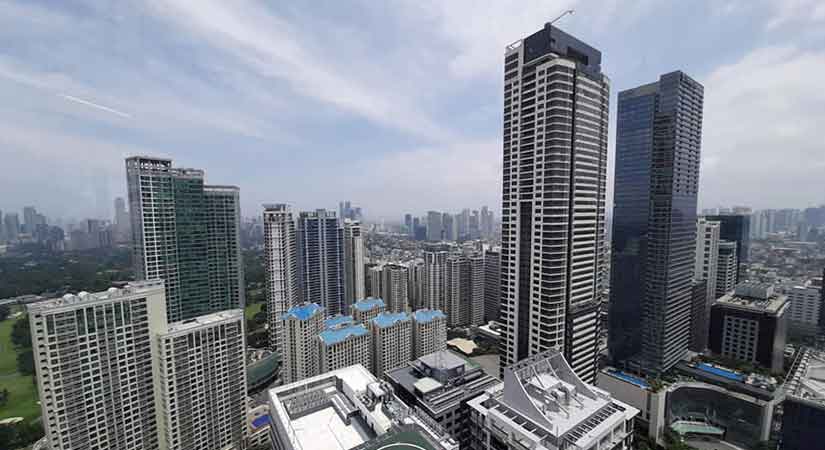Property price slowdown emerging risk for banks

THE property market could emerge as a risk to the banking sector if prices stall, while an increase in bad loans overall in 2021 is not likely to significantly threaten bank profits because of aggressive provisioning by many banks early on, Fitch Ratings said.
“We expect the deterioration in reported asset-quality metrics to accelerate in 2021 as debt moratoria mandated by regulations expire in December 2020, though the impact on profitability is likely to be cushioned by the banks’ pre-emptive general provisioning in the preceding year,” Fitch said.
“[A] sustained or significant decline in property prices would have wider repercussions on the banks’ balance sheets — given the sector’s high correlation with the broader economy and as it accounts for 20% of the banks’ loan portfolios,” Fitch said in a report.
According to the central bank, home prices rose by a record 27% year on year in the second quarter, driven by the luxury home segment.
“A moderation in Philippine property prices, which have appreciated strongly in recent years, is likely as remittance flows ebb and job market conditions remain weaker than pre-pandemic levels,” Fitch said.
At the end of September, the industry’s non-performing loan (NPL) ratio rose to 3.4%, the highest level since the 3.42% posted in May 2013. Bad loans rose 60% year on year to P364.762 billion.
The NPL ratio is expected to hit 4.6% by the end of 2020, according to the central bank.
Fitch Ratings said banks in the Philippines, Indonesia and Thailand will reap the benefits from their “superior” capital and leverage positions compared to their peers in India, China, Vietnam, and Sri Lanka.
The banking industry’s capital adequacy ratio was 15.4% on a standalone basis and 16% on a consolidated basis at the end of 2019, both above the 10% minimum requirement. — Luz Wendy T. Noble



